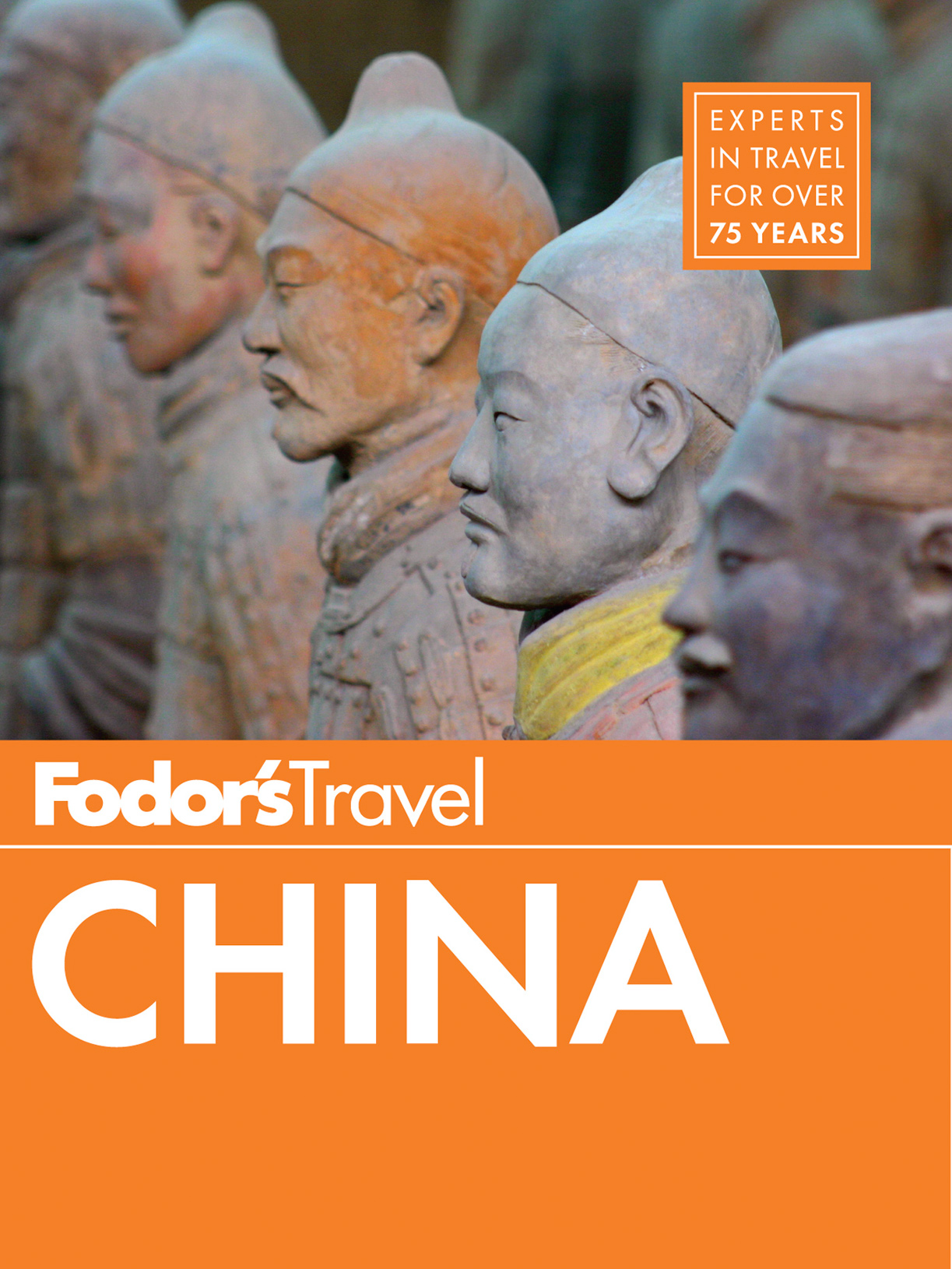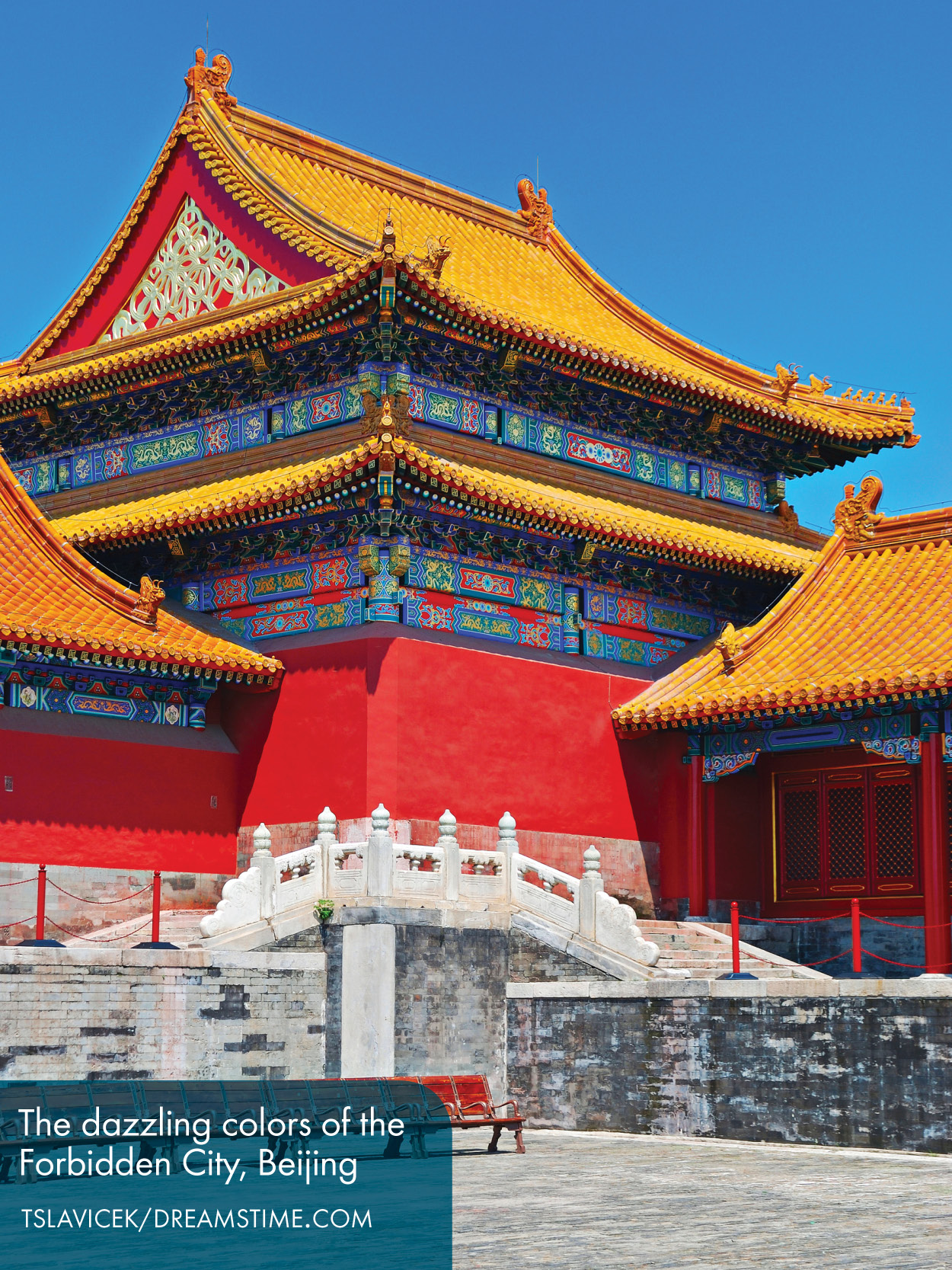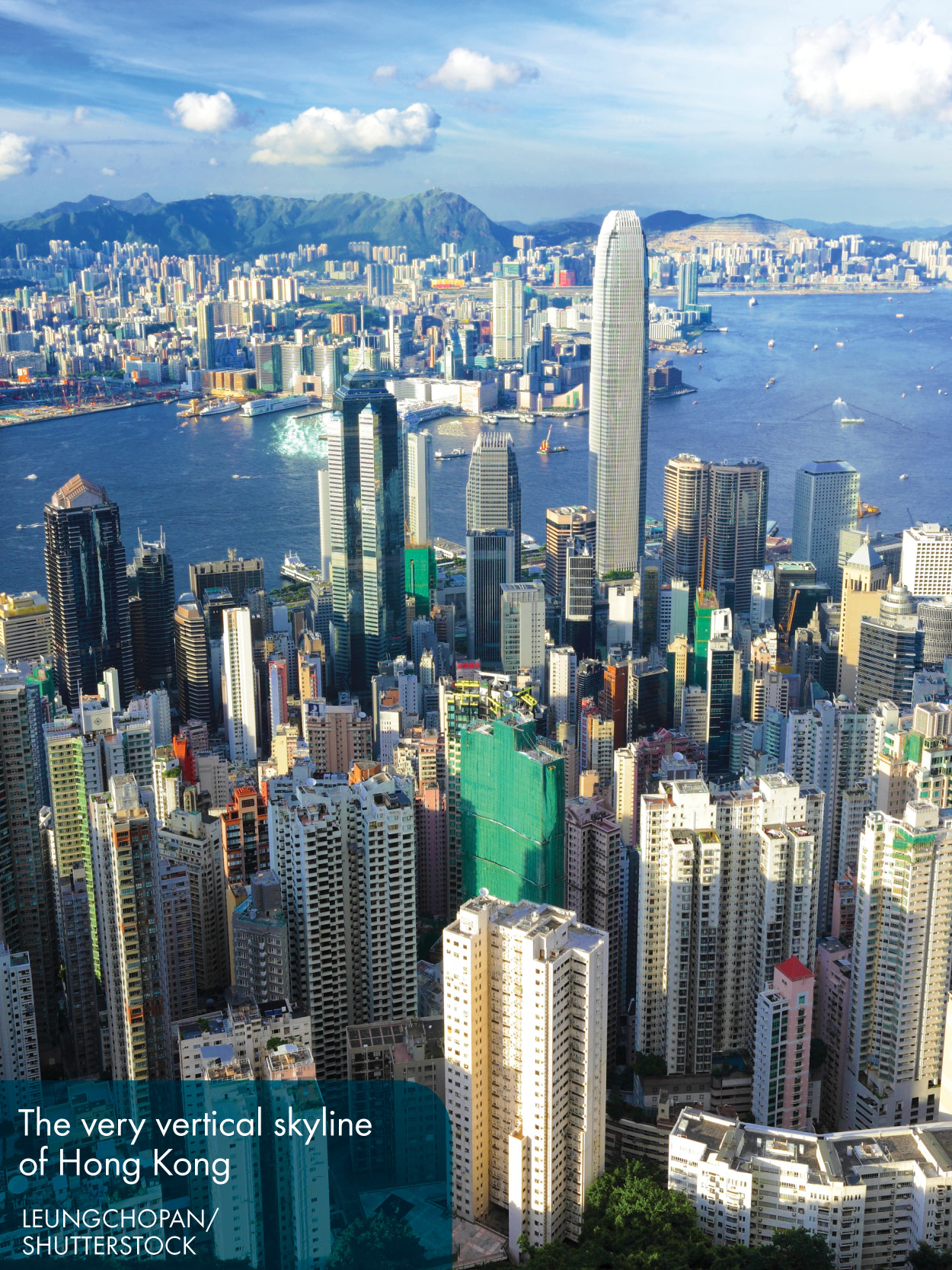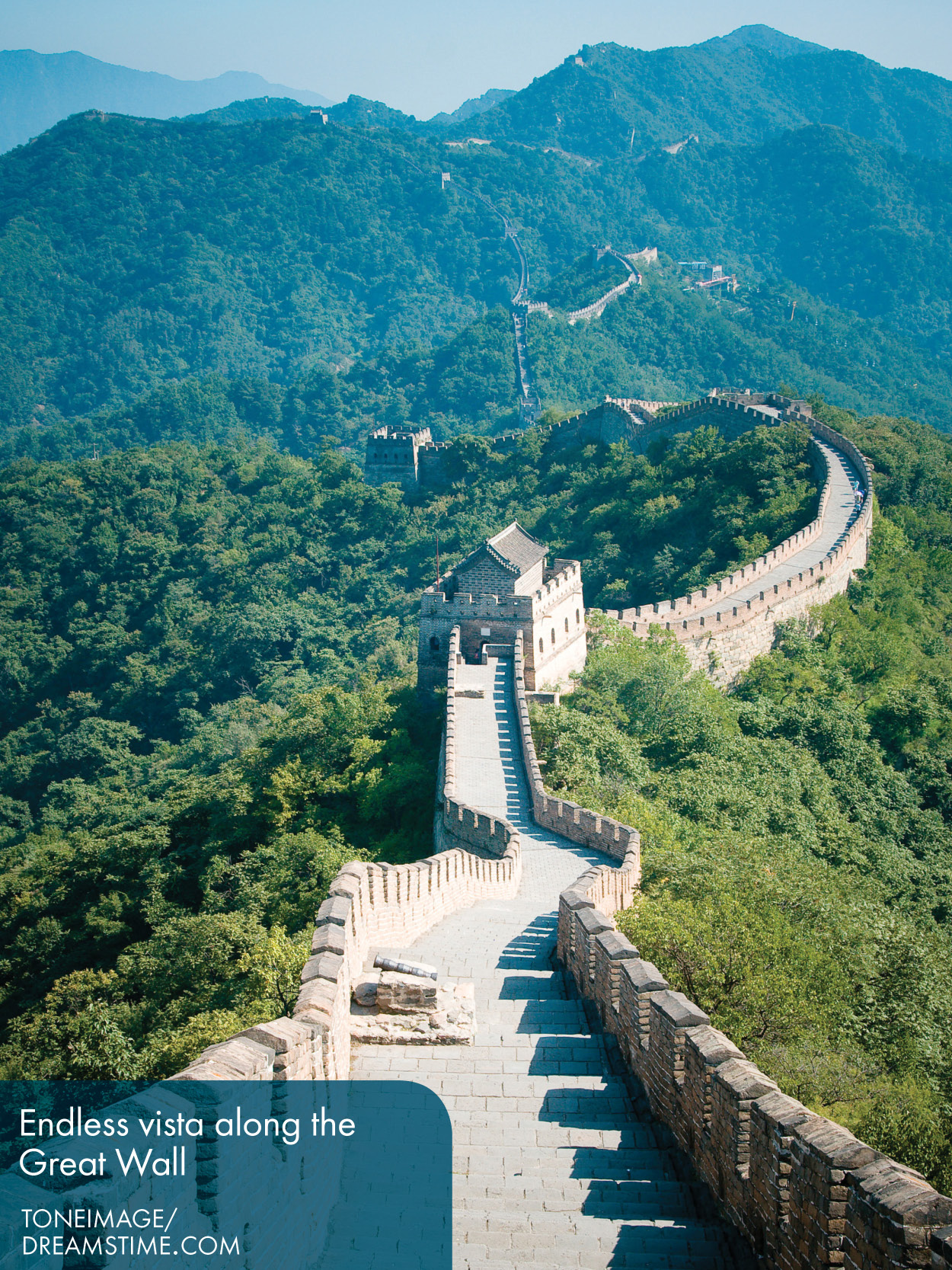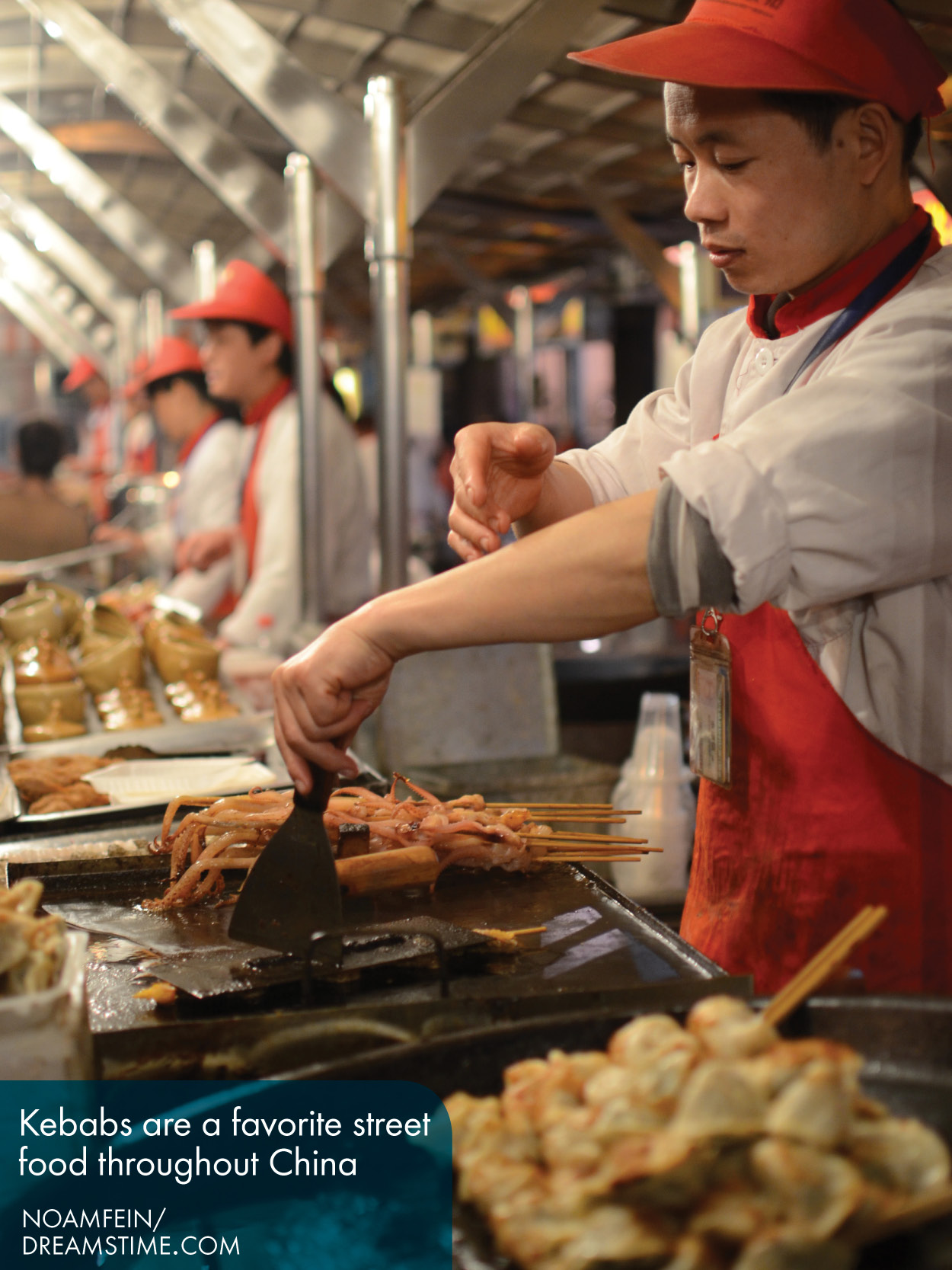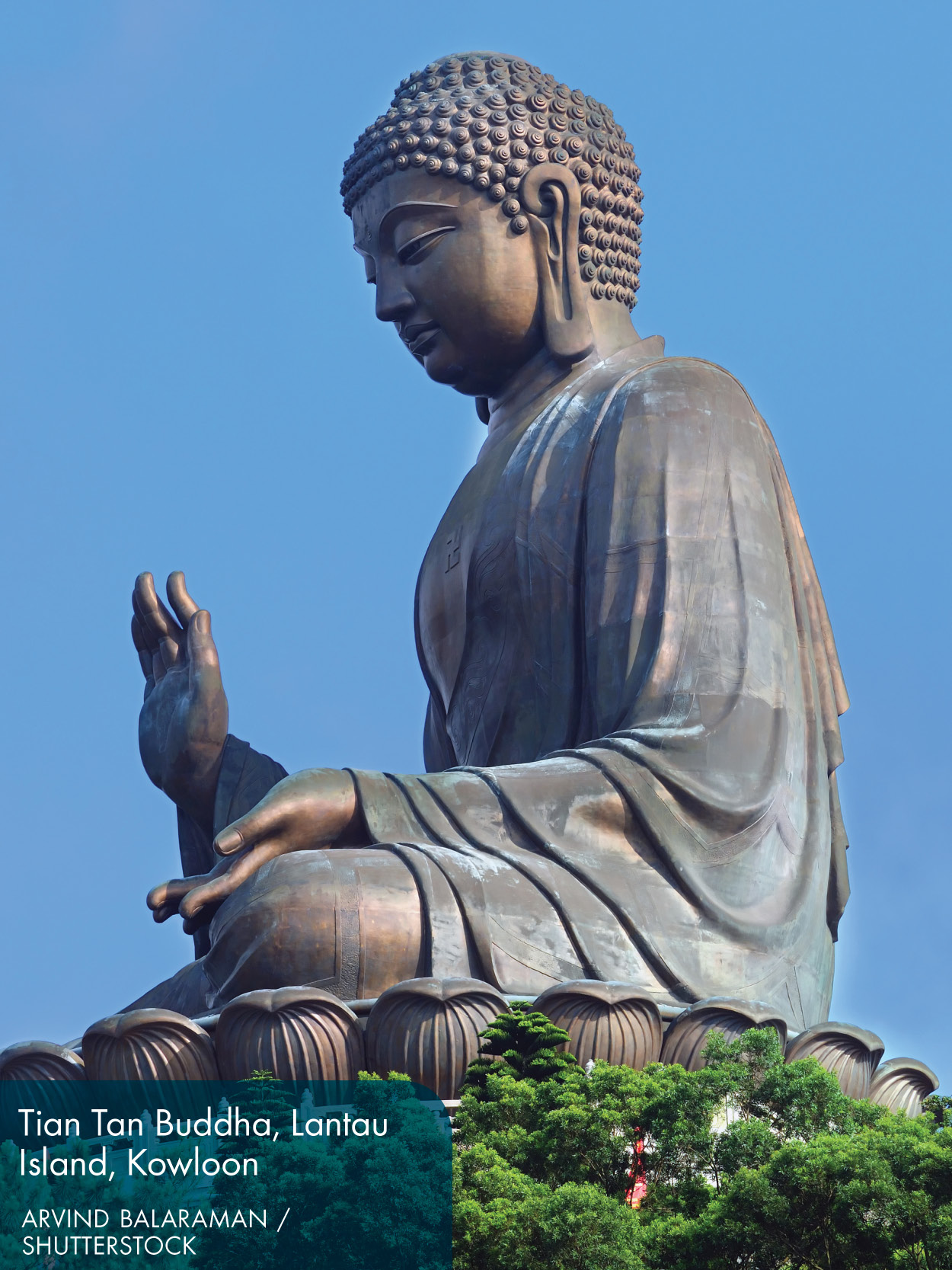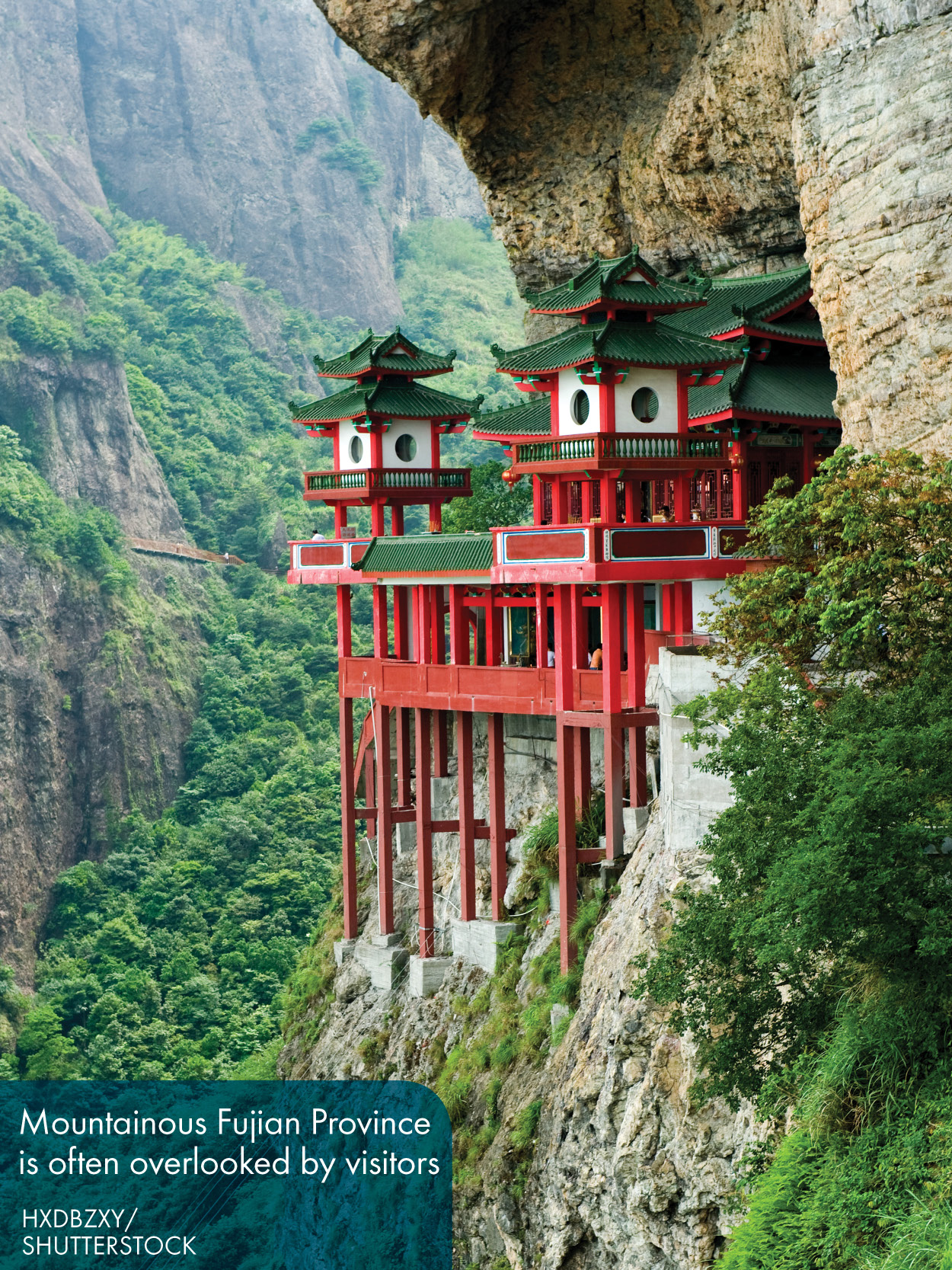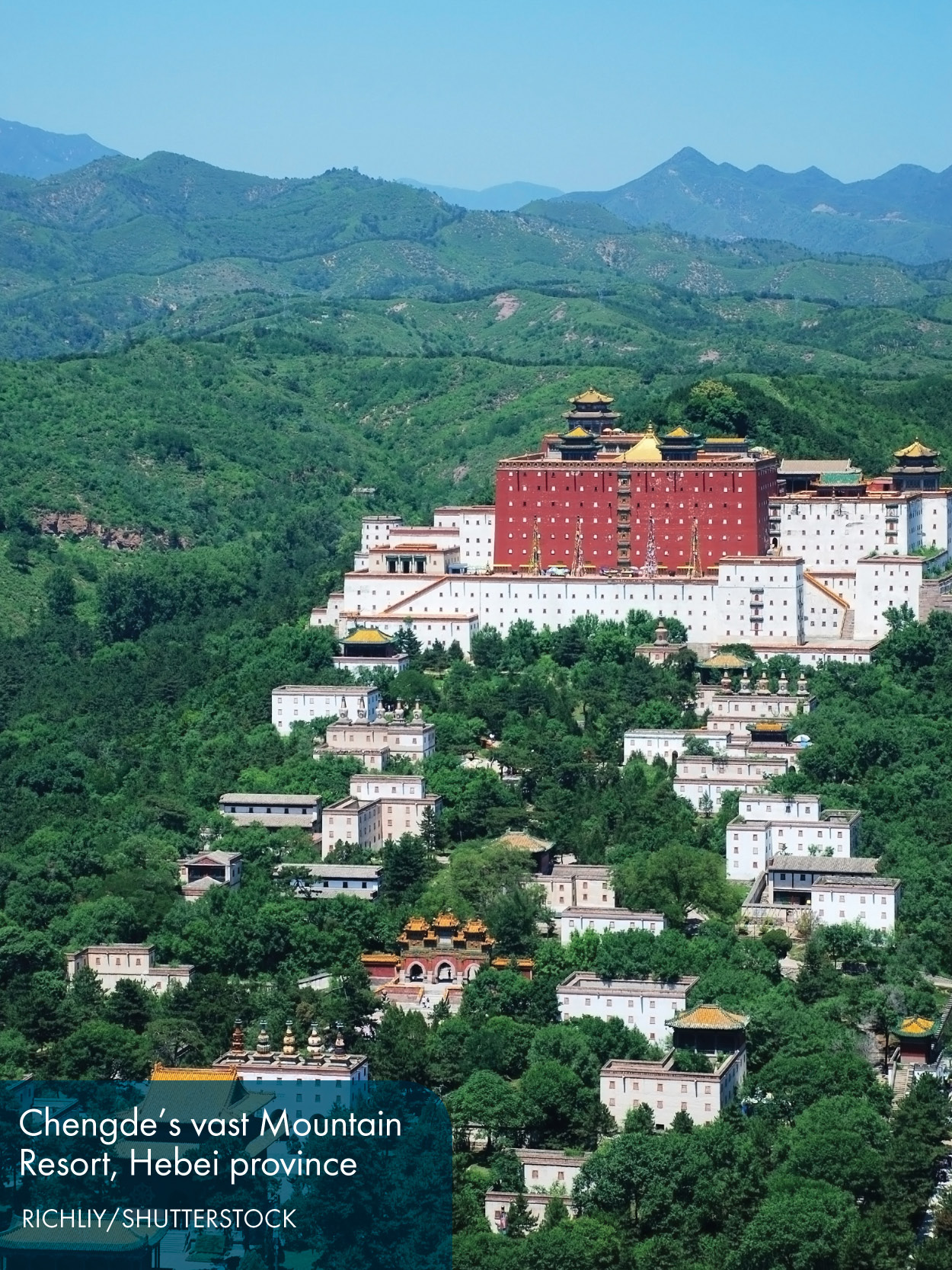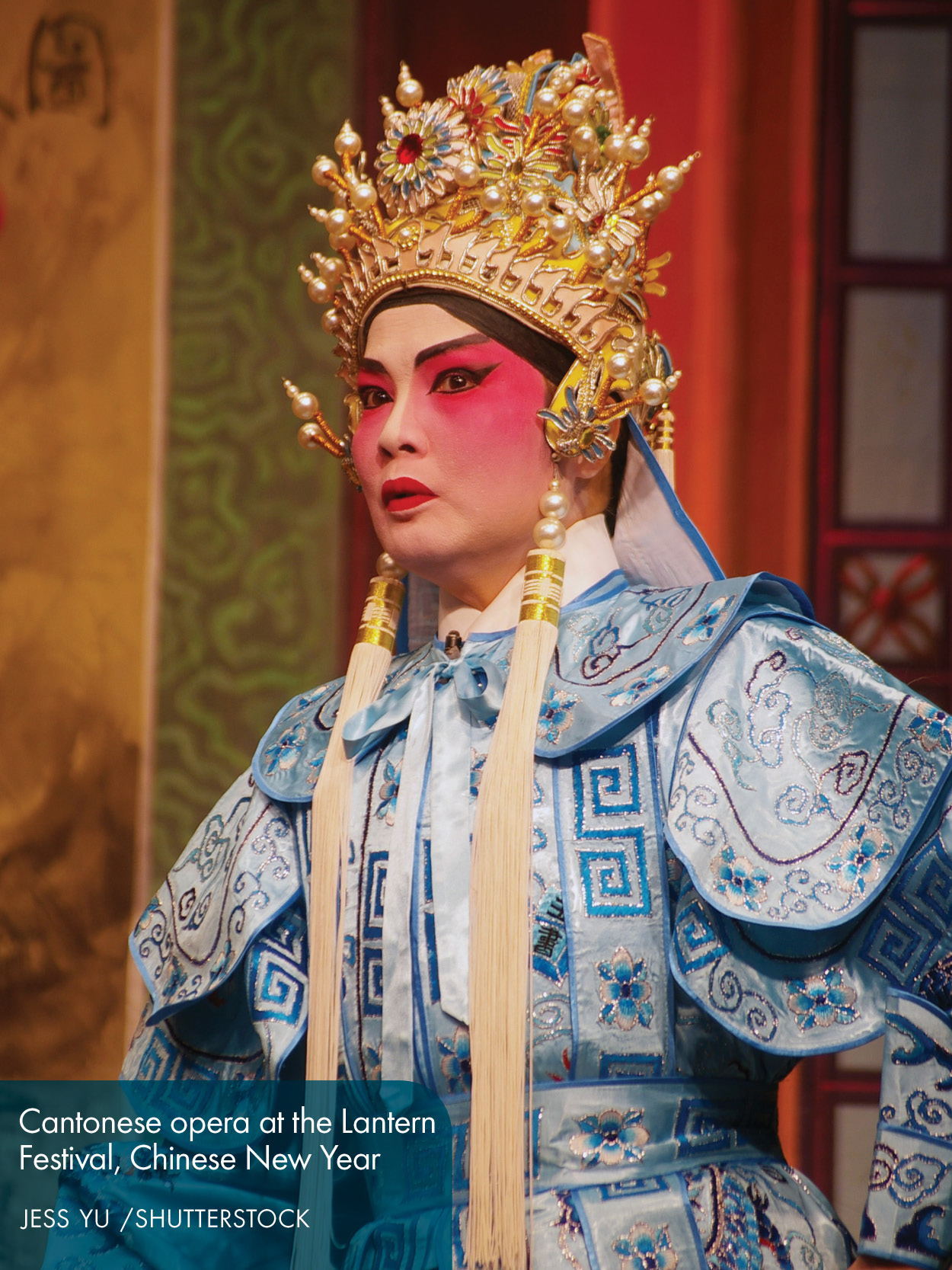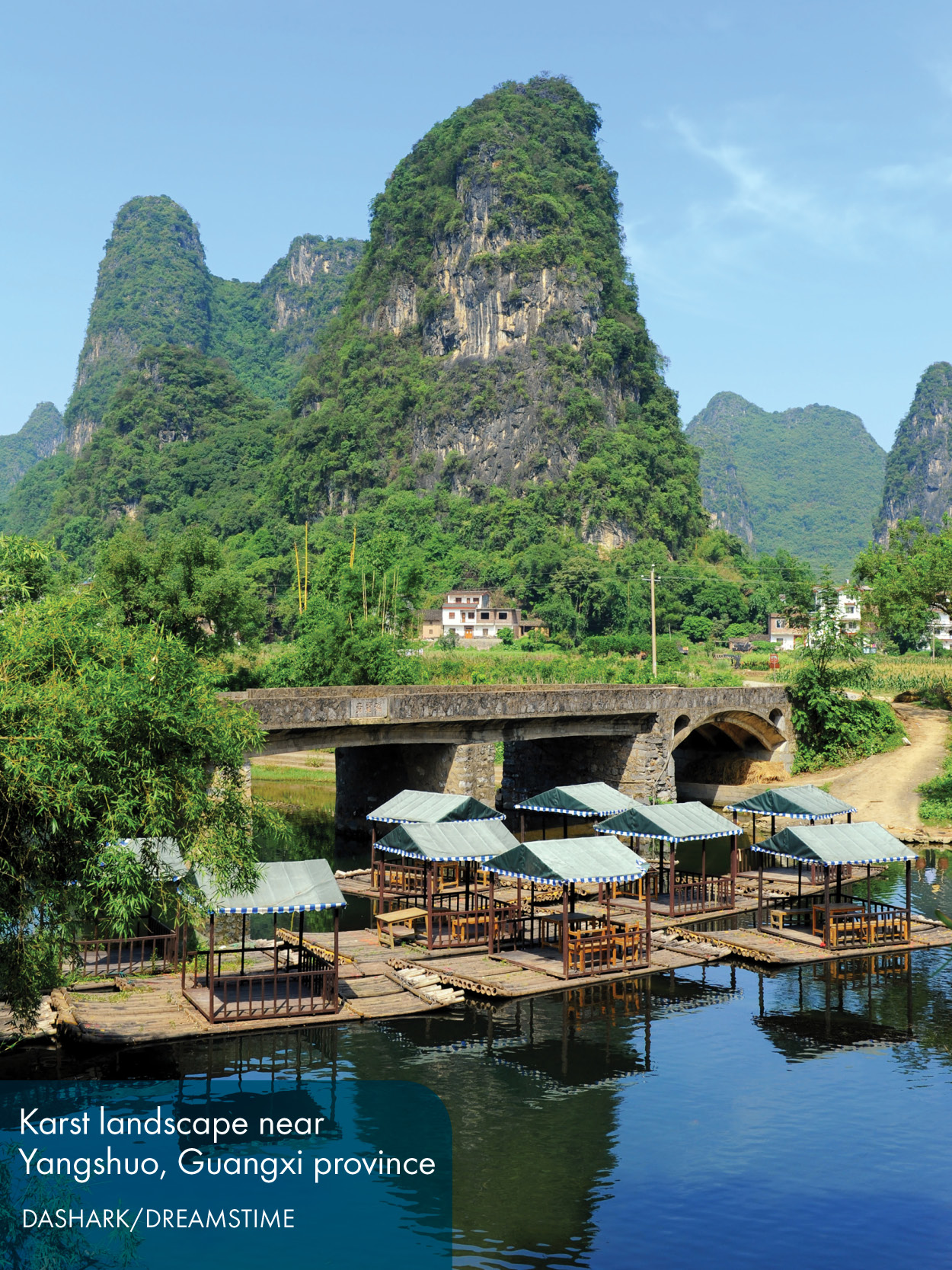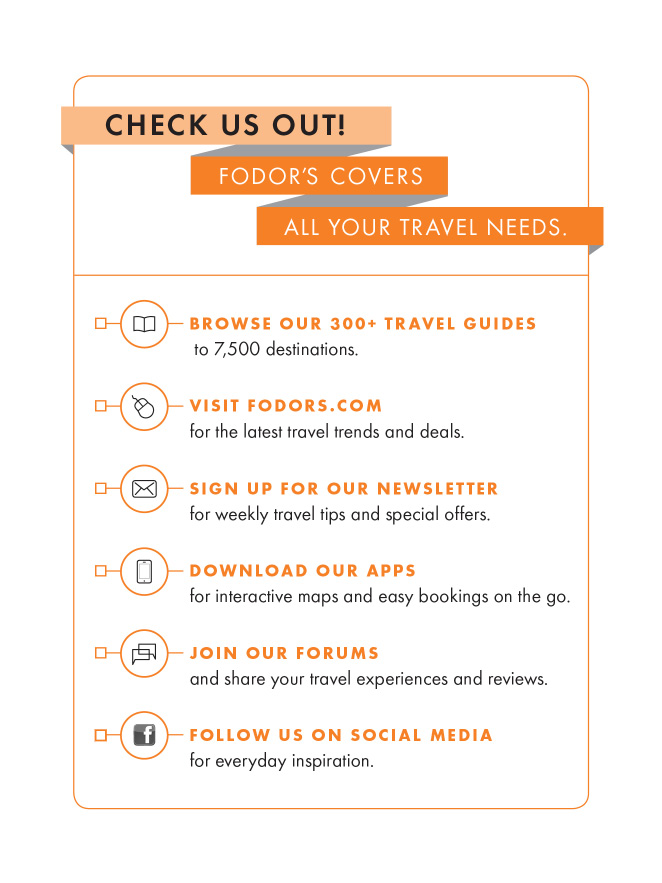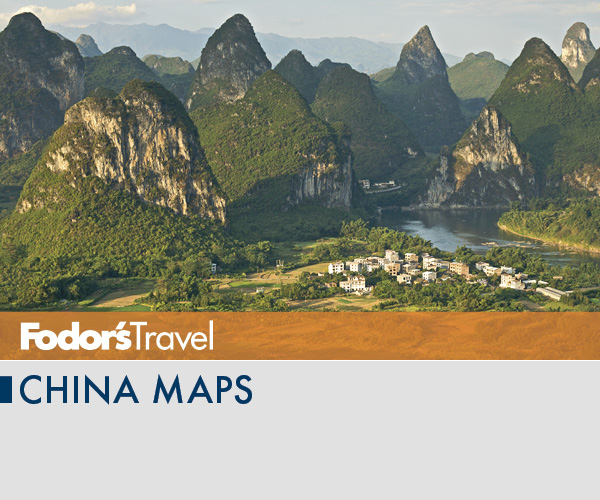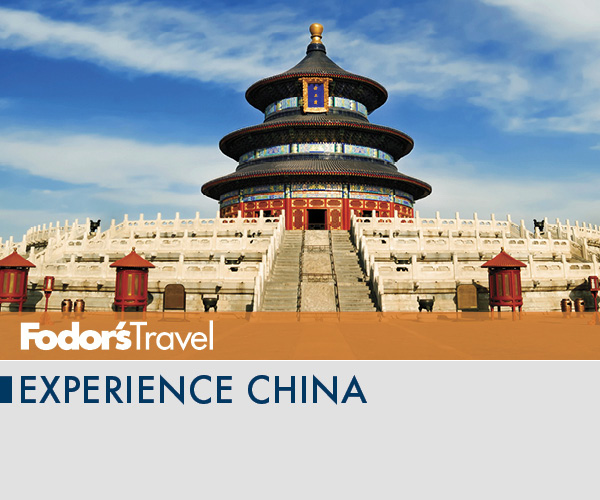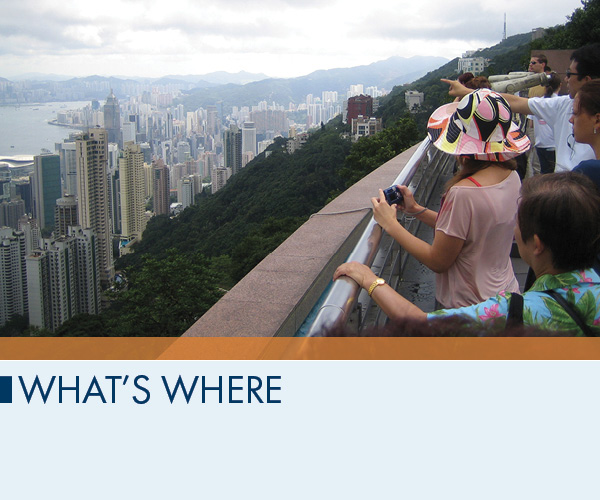Beijing. Beijing is in massive flux, and the construction never stops. Feel the ancient pulse beneath the current clamor.
Beijing to Shanghai: Hebei, Shandong, Anhui, Jiangsu. Discover a cultural and natural treasure troveHuangshan peaks are islands in a sea of clouds, and canal-laced Suzhou is the Venice of the Orient.
Shanghai. In the 1920s Shanghai was known as the Whore of the Orient, but we like to think of her as a classy lady who knows how to have a good time. The party stopped for a few decades after the revolution, but now Shanghai is back in swing.
East Coast: Zhejiang, Fujian. Fujians Xiamen is an undiscovered pearl, with all the history, culture, and infrastructure of more popular tourist magnets. Zhejiangs Hangzhou is known for scenic West Lake, immortalized in Chinese poetry.
Hong Kong. A city of contrastseast and west, old and new, work hard and play harder. Long nights of barhopping are offset by tai chi sessions at dawn.
Pearl River Delta: Guangzhou and Shenzhen. The word engine is used metaphorically to describe the Pearl River delta region, but the vibrations are still palpable here in Chinas industrial hub.
Southwest: Guangxi, Guizhou, Yunnan. The mountains are high and the emperor is far away. If youre looking to take a walk on the wild tribal side, then any or all of these three regions should be high on your list.
Sichuan and Chongqing. Chinas latest industrial revolution is happening in faraway Sichuan and Chongqing, where the nearby Three Gorges Dam (in Hubei), while hotly debated, remains a stunning sight.
The Silk Road: Shaanxi, Gansu, Qinghai, Xinjiang. Distant and mysterious, this was ancient Chinas lifeline to the outside world. Visit the countrys last remaining walled citiesXian is fascinating for its cultural and its historical importance.
Tibet. The roof of the world is not the most accessible place, but thats changing thanks to the train line connecting Lhasa to major cities throughout China.
At a Glance
Capital: Beijing
Population: 1384694199
Currency: Yuan Renminbi
Money: ATMs are ubiquitous in big cities; cash is king
Language: Mandarin
Country Code: 86
Emergencies: 110
Driving: On the right
Electricity: 220v/50 cycles; plugs have two flat prongs
Time: 12 hours ahead of New York
Documents: Visa required
Mobile Phones: GSM (900 and 1800 bands)
Major Mobile Companies: PCCW, China MobiWebsites
Websites
China: www.cnto.org
Hong Kong: www.discoverhongkong.com
State Travel Agency: www.citsusa.com
Getting Around
Air Travel: The major airports are Shanghai, Beijing, Guangzhou Baiyun, and Hong Kong.
Bus Travel: China has expansive long-distance bus services, but rides in rural areas are not for the faint of heart.
Car Travel: A Chinese drivers license and residence permit are needed to rent a car.
Train Travel: The train network is extensive, and the high-speed CRH zoom to and from a handful of major cities. Passports are needed to buy tickets.
Plan Your Budget
Ways to Save
Eat local. Western meals go for Western prices, so eat Chinese food to avoid a high markup.
Book a rental apartment. In Shanghai, Beijing, and especially Hong Kong, hotels can get pricey. Rent an apartment instead, and youll get a kitchen, too.
Go on two wheels. Avoid cabs, which can really add up, and do as the locals do by renting a bike to get around.
Hang out in the park. Walk the Bund and the French Concession in Shanghai, visiting parks where locals practice tai chi, calligraphy, and ballroom dancing.
When to Go
High Season: China is massive with varied weather. In general, the best time to visit is spring (late March to May) and fall (September to early-November), when temperatures are in the 50s-70sF.
Low Season: Mid-November to early March is frigid in northern and western China and cold and damp around Shanghai, but this can be a good time to visit Beijing. Avoid Chinese New Year, in late January or early February.
Value Season: June, July, and August are sweltering and humid in and around Shanghai; its slightly cooler in Beijing and drier. In far northwest China, its hot but dry. Hotel prices are moderate.
Big Events
January or February: Shops and restaurants close for the week of Chinese New Year and everything sells out months in advance. | www.chinesenewyears.info
January: Harbin Ice Festival is the worlds largest ice and snow festival. | www.icefestivalharbin.com
March: Authors talk about Asia and China at the Shanghai and Beijing International Literary festivals.
June: The Dragon Boat Festival celebrates the poet Qu Yuan; participants eat zongzi and watch rowing competitions.
Read This
River Town, Peter Hessler. Memoir by a Peace Corps volunteer in Sichuan.
Waiting, Ha Jin. A love story during the Cultural Revolution.
The Good Earth, Pearl S. Buck. A farmer and his wife struggle in 1920s China.
Watch This
The Last Emperor. A biopic about the life of Puyithe last emperor.
Farewell My Concubine. Two Peking opera actors and the woman who comes between them.


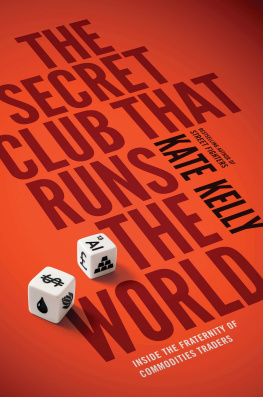

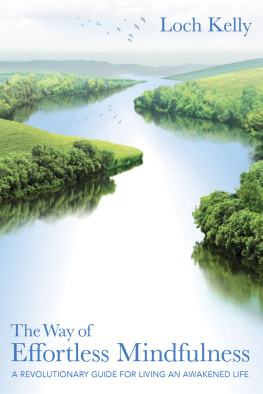
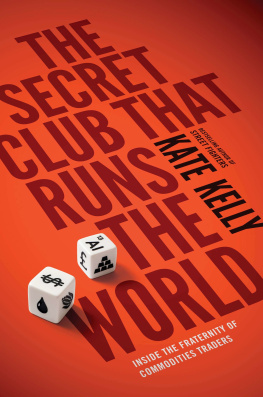
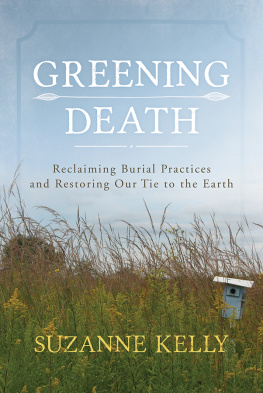
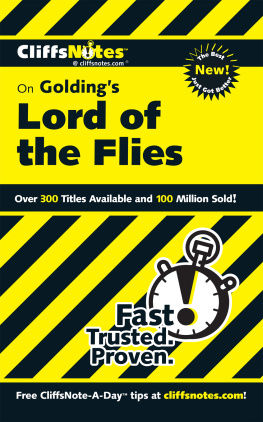

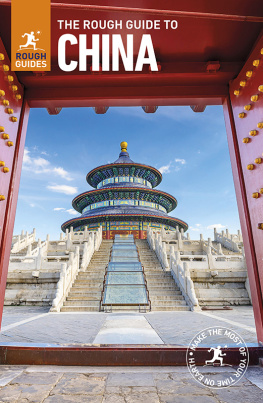
![David Leffman - The Rough guide to China [2014]](/uploads/posts/book/197581/thumbs/david-leffman-the-rough-guide-to-china-2014.jpg)

